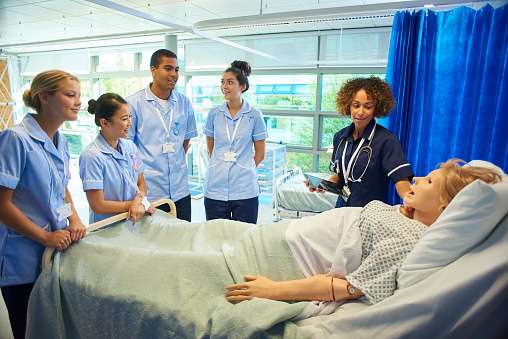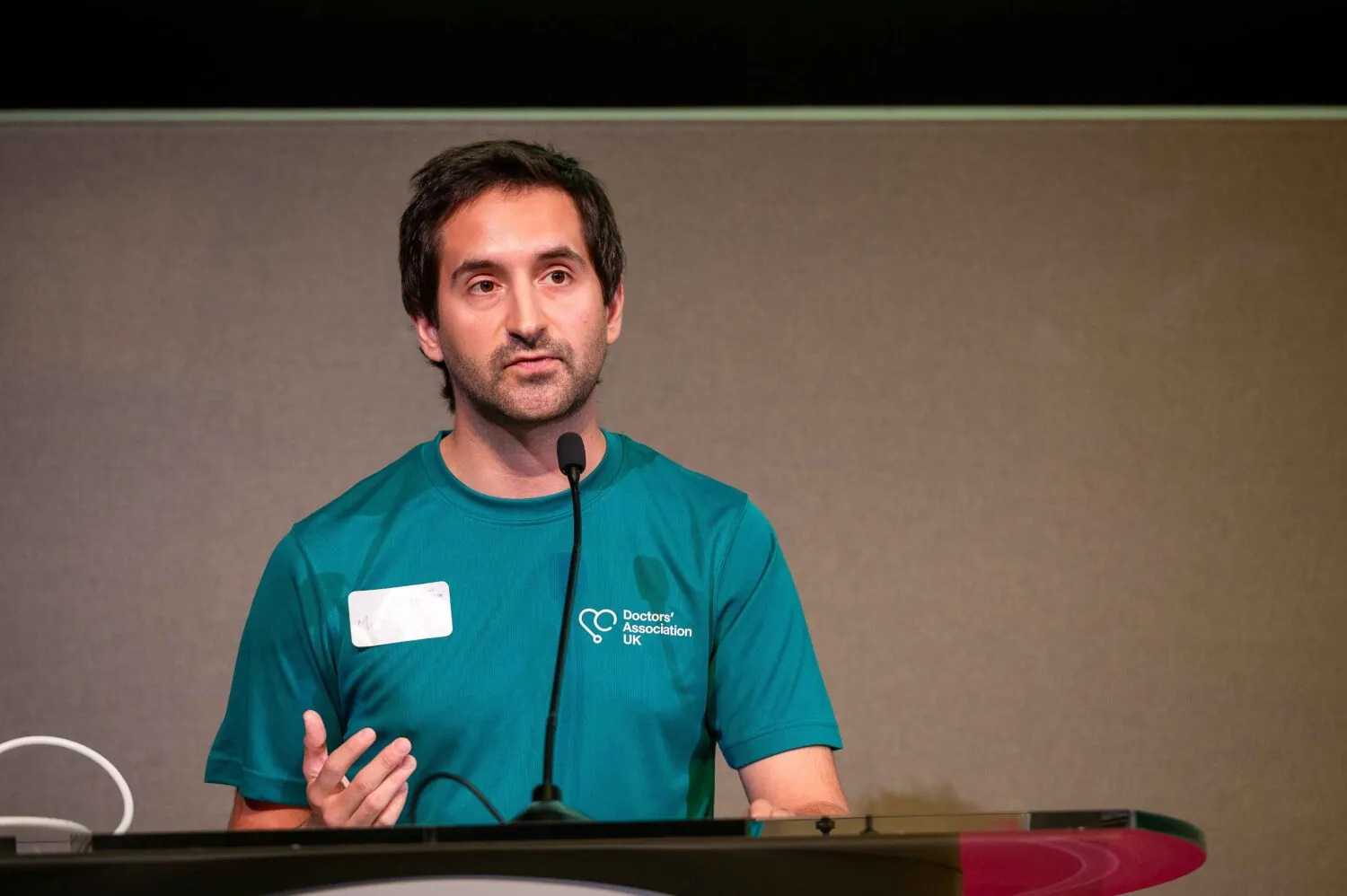The Doctors’ Association UK’s (DAUK) GP Lead says the Government’s new Pharmacy First service will have minimal impact on improving access to general practice.
Dr Lizzie Toberty said the Government should ‘stop dancing around the edges’ and provide proper funding to ease the crisis facing general practice.
Dr Toberty said: “We welcome all the support we can get at this difficult time for general practice.
“However, Pharmacy First will only help with a very small number of people, and we’d be surprised if it had any real impact on improving access to your GP.
“The reality is that we are in dire need of support for patients in our communities with complex conditions who we are doing our best to look after.
“What we need is better funding, better buildings, and better IT infrastructure.
“With proper, sustained investment we’d be able to provide the primary care service that the people of this country expect and deserve.
“We’d encourage the Government to stop dancing around the edges and to improve the absolute minimal funding that primary care is receiving at the moment and is struggling to manage with.
“We can’t provide quality care on a shoestring and need investment now.”
Through the new service, pharmacists will be able to provide advice to patients and issue medicines for seven common conditions in sinusitis; sore throat; earache; infected insect bite; impetigo; shingles and uncomplicated urinary tract infections in women.
Women will also be able to get the contraceptive pill from pharmacies without the need for a GP appointment.
Dr Steve Taylor, a GP based in Manchester and DAUK spokesperson, said the new Pharmacy First service highlighted significant disparities in funding between GPs and pharmacists.
Under the new service, pharmacists will be paid £1,000 a month, plus £15 per consultation for providing 30 consultations a month.
Dr Taylor said this equated to £48 per consultation – more than double the £23 per consultation that GPs currently receive.
“Pharmacists will be dealing with relatively minor issues that would take minutes for a GP to sort, but are being paid more than double per consultation than GPs currently receive,” he said.
“That can’t be right.
“The funding formula for GPs has increased from £153 per head in 2015 to £163 now with no cap on the number of consultations we can do. It’s a big cut in real terms.
“Practices are doing 18 per cent more work in that time, so they’re doing more work and doing it for less.
“It’s making it harder for general practices to be financially viable, which means that GPs can’t afford to employ and recruit members of staff, which effectively reduces capacity, and is even causing some GPs to leave the profession.
“It has to change, and we need the Government to act now.”





